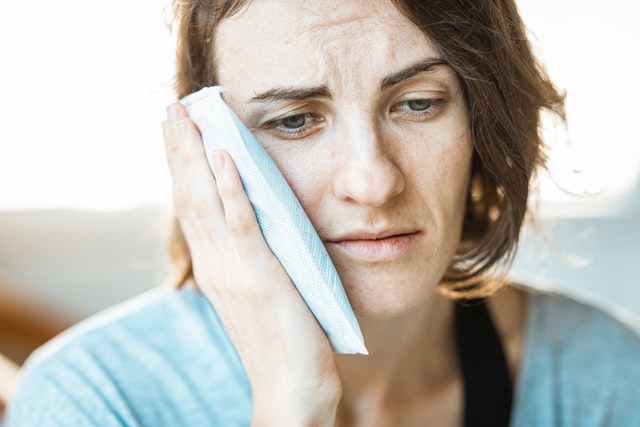Do Preservatives Cause Teeth Problems?
The things that you eat can say so much about you. And there is no better place to do so than your teeth. Many of the preservatives found in food and beverages can cause plaque, causing damage to your teeth. Plaque is a sticky filled film filled with bacteria that contribute to tooth decay and gum disease. After consuming a sugary meal or snack, the sugars cause the bacteria to release acids that attack the tooth enamel. Once the enamel breaks down, cavities develop.
So how can you stop plaque from causing damage to your teeth and mouth? Aside from regular brushing and flossing your teeth, and routinely visiting your dentist, it helps to avoid the food and preservative items listed below.
- Alcohol. Drinking alcohol can dry out the mouth. A dry mouth is deficient in saliva, which is essential for keeping teeth healthy. Saliva washes away food particles and stops food from sticking to the teeth. It also helps reverse early signs of oral infection like gum disease and tooth decay. Keep your mouth hydrated by drinking lots of water and using oral hydration solutions and fluoride rinses.
- Bread. When you chew bread, saliva breaks down the starches into sugar. It now becomes a paste-like substance that can stick to the spaces between the teeth, causing cavities. For a better carbohydrate fix, go with less-refined varieties like whole wheat since they contain less sugar and are not as easily broken down.
- Carbonated drinks. Studies have shown that consuming large amounts of carbonated soda can be as damaging to the teeth as using cocaine or methamphetamine. Carbonated soda makes plaque produce more acid that hurt the tooth enamel. Soda also dries out the mouth, and the dark-colored ones stain the teeth.
- Citrus. Lemons, oranges, and grapefruits are great as fruits and juices, but their acid content can erode the enamel. Also, acid from citrus fruits can be unpleasant for people with mouth sores. To get a dose of their vitamins and antioxidants, consume them in moderation during mealtime and make sure to rinse with water after.
- Ice. It might seem harmless because it contains water, but chewing on a hard substance like ice makes you susceptible to dental emergencies like loosed crowns, or cracked, chipped, or broken teeth. You can use ice to chill your beverages but never chew on them.
- Potato chips. Potato chips are loaded with starch that becomes sugar once it gets trapped between the teeth and feeds on the plaque bacteria. Also, the acid from the chips can linger and last for a while. Thus, after enjoying a bag, make sure that you brush and floss afterward.
- Sour candies. Candy as a whole is bad for the mouth. However, sour candy contains more acids that are tougher on the teeth. Also, because these candies are usually chewy, they are more likely to cause decay. If you want to eat something sweet, go with a square of chocolate because you can quickly chew it and easily wash it away.
- Dried fruits. Most dried fruits like figs, prunes, raisins, and apricots are sticky, so they get stuck and cling to the teeth and their crevices and leave lots of sugar behind. After eating dried fruits, rinse your mouth with water, brush, and floss. If you can opt for their fresh versions since they are less concentrated with sugar.
Cavities are one of the most common chronic diseases among people aged six to 19 years old. This problem causes several complications like chewing problems, pain, and tooth abscesses. Failing to regularly brush and floss the teeth can cause plaque to harden and turn into tartar. Above the gums, tartar can further lead to the development of gingivitis, which is an early form of gum disease. Contact a reputable dentist in your area now to learn more about preservatives and teeth problems.






 |
|